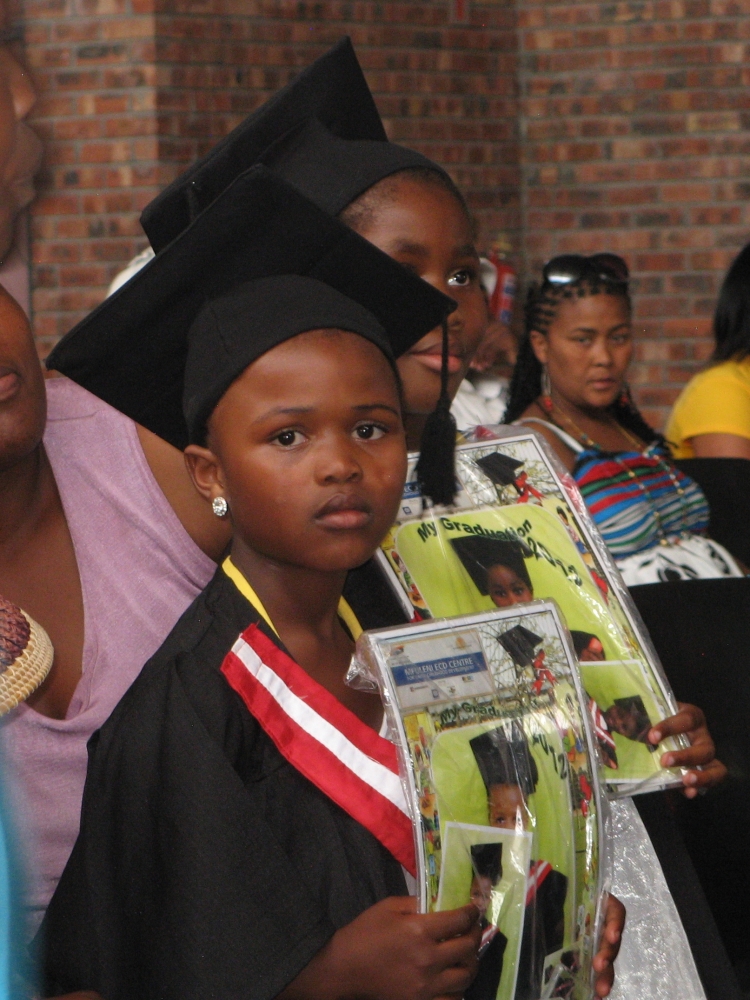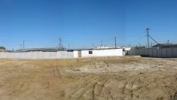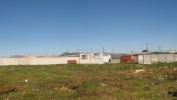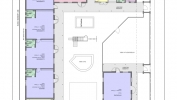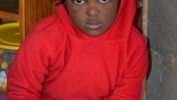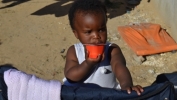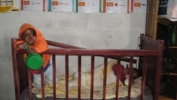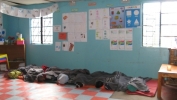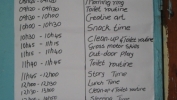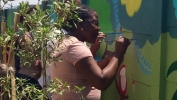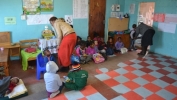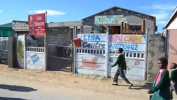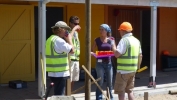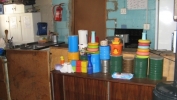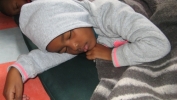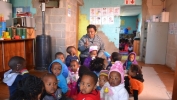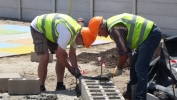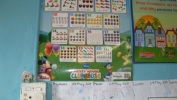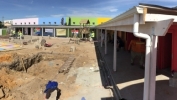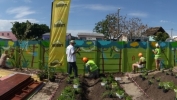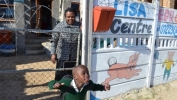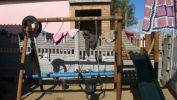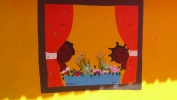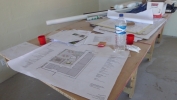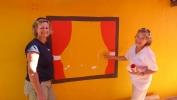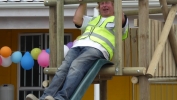Project Lisa Educare
Lisa Educare Centre is located in the township of Bloekombos, North-East of Cape Town. The present centre, with 61 children in it, is led by Noronte Noro. It is accommodated in her sister’s house. Noronte is in her forties and she and a team of six co-workers have started a training programme with CECD. The centre has been registered. The organisation was able to buy a fine piece of land in 201, but for the next step, expansion to 125 children, the organization needs support.
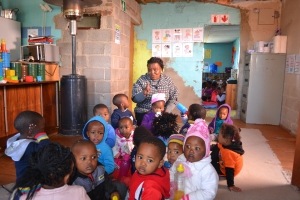
Bloekombos is an old and very poor township that has agglomerated to Kraaifontein. A lot of sand, few trees. Unemployment figures are high, as is the crime rate. The chances for the children to ever leave the township are, literally and figuratively speaking, very slim. The community is characterised by poverty, bad health care, HIV/AIDS issues and bad nourishment, which for the youngest children results in a lagging behind in both physical and cognitive development. In the township itself there are hardly any jobs, employment needs to be found outside of the township. These are simple, low-wager, and unskilled jobs. Women therefore get up early in the morning and need to commute long distances. This, together with incomplete families and one or several generations plagued by AIDS, means that the children aren’t looked after anymore by the grandparents, but roam the streets and encounter all kinds of risk factors (drugs, alcohol, abuse, criminality etc.).
Parents usually don’t see the necessity for further development: children are expected to ‘earn their living’ as soon as possible and are kept away from schools, never to return. Food is very one-sided, fruit and vegetables are rarely on the menu.
A couple of women have taken pity on these children; they organise a form of childcare to make sure that these children aren’t on the streets, but, at least during the day, are in a physically safe environment. A lack of knowledge and means prevents further development: of the organisation, of its staff, of health care and the education, pedagogicand physical development of the children. Because of this, the centres don’t meet the requirements of the South African Government and aren’t eligible for government subsidies. Everything has to be paid for by –limited- parents’ fees and this –together with limited knowledge and skills- inhibits all further development. This development can be strengthened by offering quality childcare to children (and their parents) from an early stage onwards.
Experience teaches us that it can be made appealing to place a child in quality childcare. A good, safe environment, tranquillity and space for the development of social skills, preparation for primary education (the forming of habits), at least one nutritious meal a day (with fresh vegetables from the own garden, important for the functioning of antiretroviral HIV medication), access to and control by health care institutions etc. are all factors that contribute to the development of these children. Lastly, the childcare centre has to be able to accommodate handicapped children, a very neglected group in this community.

 Donate
Donate


